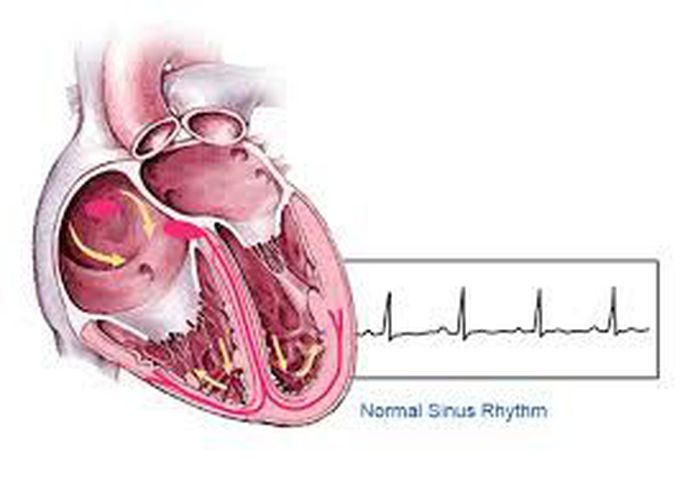


Treatment for atrial fibrillation
Treatment Treatment for atrial fibrillation depends on how long you've had A-fib, your symptoms and the underlying cause of the heartbeat problem. The goals of treatment are to: Reset the heart rhythm Control the heart rate Prevent blood clots that can lead to stroke Atrial fibrillation treatment may involve: Medications Therapy to reset the heart rhythm (cardioversion) Surgery or catheter procedures Together, you and your doctors will discuss the best treatment option for you. It's important to follow your atrial fibrillation treatment plan. If A-fib isn't well controlled, it may lead to other complications, including strokes and heart failure. Medications You may be prescribed medications to control how fast your heart beats and restore it to a normal rate. Medications are also prescribed to prevent blood clots, a dangerous complication of A-fib. Medications used to treat atrial fibrillation include: Beta blockers. These medications can help slow the heart rate at rest and during activity. Calcium channel blockers. These medicines control the heart rate but may need to be avoided by those who have heart failure or low blood pressure. Digoxin. This medication may control the heart rate at rest, but not as well during activity. Most people need additional or alternative medications, such as calcium channel blockers or beta blockers. Anti-arrhythmic medications. These drugs are used to maintain a normal heart rhythm, not just to control the heart rate. Because they tend to have more side effects than drugs that control the heart rate, anti-arrhythmics tend to be used more sparingly. Blood thinners. To reduce the risk of stroke or damage to other organs caused by blood clots, a doctor may prescribe a blood-thinning medication (anticoagulant). Blood thinners include warfarin (Jantoven), apixaban (Eliquis), dabigatran (Pradaxa), edoxaban (Savaysa) and rivaroxaban (Xarelto). If you take warfarin, you'll need to have regular blood tests to monitor the drug's effects.

